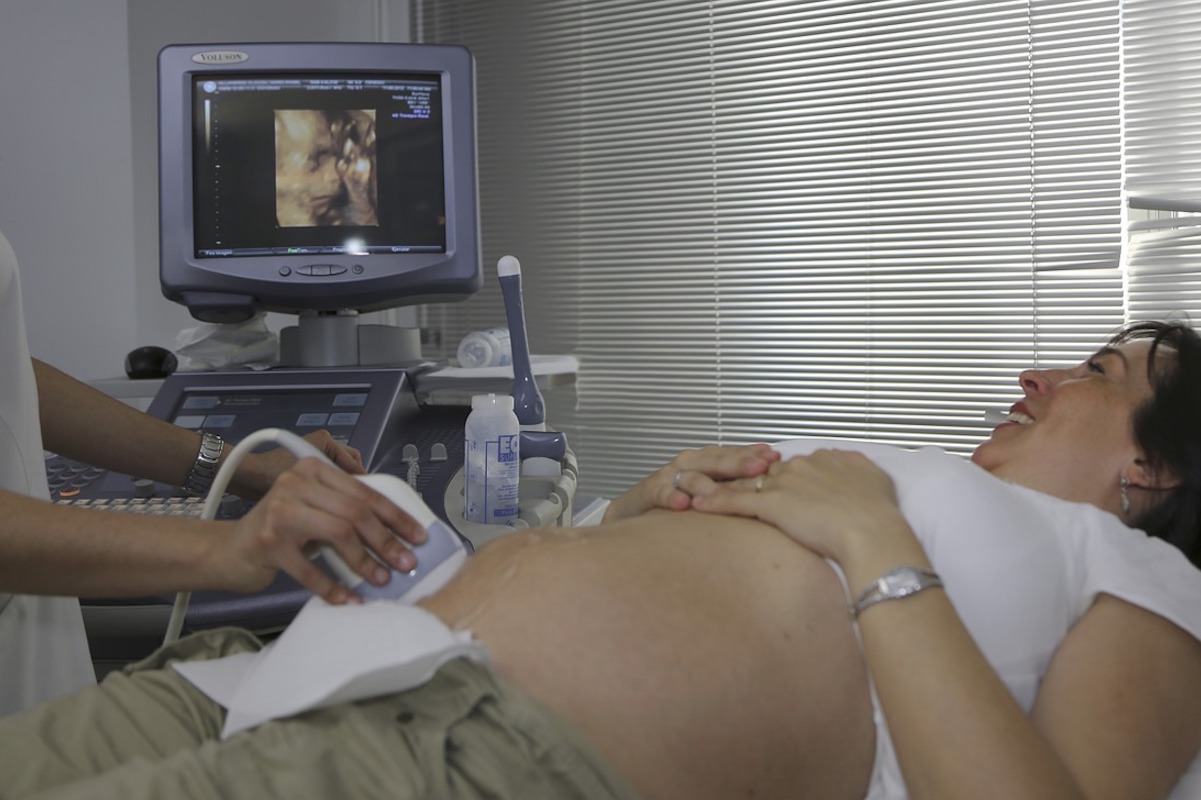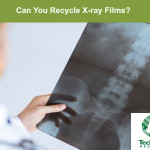Recycling Equipment Used in Health Clinics and Surgery Centers
It is not always necessary or desired for patients to receive treatment in a hospital. Clinics and ambulatory surgery centers often provide patients with the convenience of receiving treatment on the same day without the trouble and expense of having to check in and out of the hospital.
The field of medicine is always evolving, and the past three or four decades have seen new and improved technology to make patient care more accurate, more efficient, and less invasive. Inevitably, old, outdated medical equipment must be cleared away to make room for the new. TechWaste Recycling understands that everything health clinics do is performed with an eye toward preserving the safety and privacy of the patients. That is why we not only comply with EPA regulations in handling potentially hazardous material but also conform to HIPAA mandates in disposing of unneeded patient data.
The specific types of equipment used in a clinic or surgery center depends on the specialty performed there. Nevertheless, what follows is a general overview of electronics and other devices often present in different types of clinics.


Healthcare Imaging Technology Recycling
A precise diagnosis often involves taking a look at the inside of a patient’s body. Whenever possible, this is accomplished without surgery through one or more imaging techniques. Each has different capabilities and is better suited for looking at particular structures of the body. All must be administered carefully; some with particular care because of the potential to expose the patient to radiation. Imaging technology constantly improves and old machines need proper disposal.
X-Rays Machine Disposal
X-rays can be performed quickly and are comparatively easy and inexpensive. However, X-rays require a patient to be exposed to a dose of radiation, and the equipment used to take them can contain hazardous chemicals. Most X-rays today are taken digitally, but some are still developed on film. When disposing of X-ray films, it is necessary to first remove the hazardous silver nitrate compound.
Computed Tomography (CT/CAT) Scan Equipment Recycling
Also known as CT or CAT scans, computed tomography is a specific type of X-ray that produces cross-sectional images of the body that are clearer and more detailed than plain film X-rays. This is accomplished by passing a narrow, fan-shaped X-ray beam through the patient’s body as the patient lies motionless on a motorized table that moves slowly through the circular CT scanner.
Magnetic Resonance Imaging (MRI) Machine EWaste
An MRI machine can produce images of soft tissues without exposing the patient to radiation. Rather, a patient passes through a strong magnetic field which produces an image by temporarily realigning the protons within the body. MRI is contraindicated for patients with metal implants, and patients must lie very still during the scan to prevent blurring of the image.
Ultrasound Device Recycling
Ultrasound creates an image by bouncing high-frequency sound waves off the tissues of the body. The sound waves are transmitted through a probe that makes contact with the patient’s skin, and images appear on a computer screen. It produces no radiation and is considered the safest form of imaging.
Noninvasive Surgery Device Recycling
Open surgery places a patient at risk of infection and bleeding. Patients tend to recover faster with fewer complications with noninvasive surgery that involves only small surgical cuts to accommodate probes. There are two basic types of noninvasive surgery:
- Scopes: These involve inserting a tiny camera and microsurgical tools by hand to perform diagnostic and therapeutic procedures. Common examples include arthroscopy, endoscopy, and laparoscopy.
- Robotic Surgery: These procedures also involve the use of microsurgical tools and small cameras, but instead of the surgeon controlling the tools manually, he or she manipulates the tools with the use of a computer console. In addition to general surgery, robotic surgery has applications for gynecological, urological, and cardiothoracic procedures.
HIPAA Compliant and ISO Certified
In addition to imaging and surgical equipment, clinics and surgery centers also make use of computer consoles, hard drives, and servers that may contain sensitive patient data. TechWaste Recycling complies with federal mandates to dispose and recycle these items in a way that does not harm the environment or compromise patient privacy. Contact us for more information or to arrange a pickup.










































